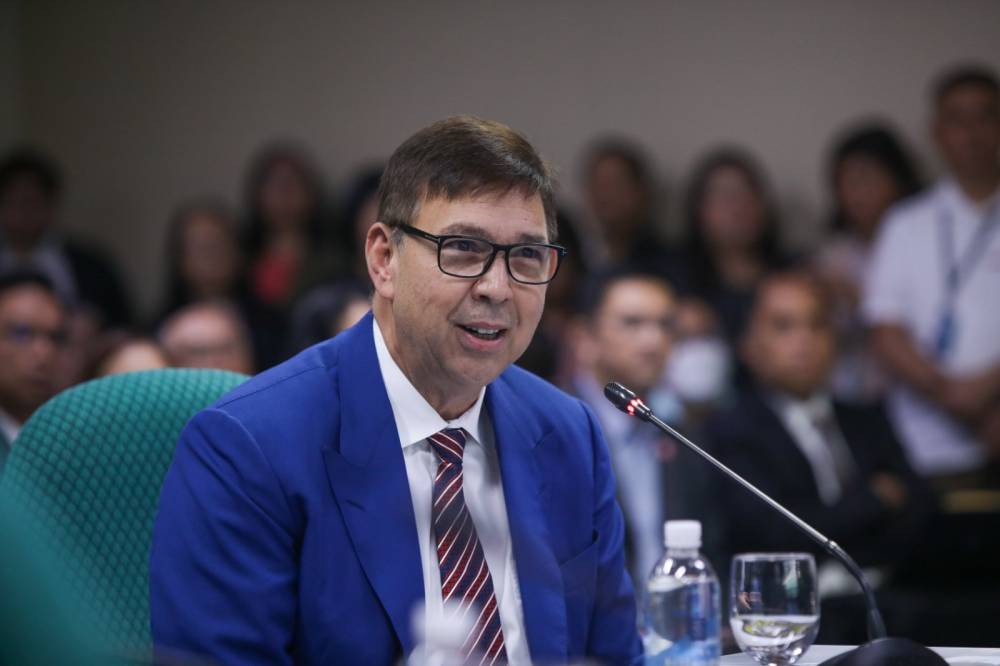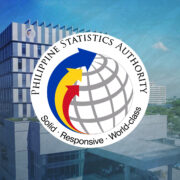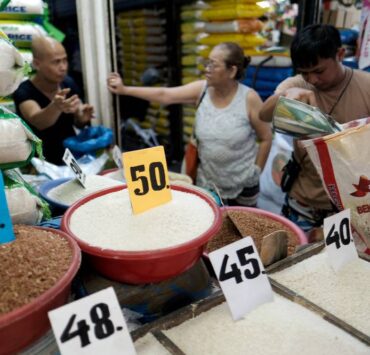Gov’t raises P300B from 10-yr Treasury notes

The Philippine government was able to raise P300 billion in fresh local debt during its sale of new 10-year Treasury bonds, which was met with strong demand even amid extreme global uncertainty that had been weighing on investor sentiment.
“Despite ongoing global economic uncertainties, the success of the fixed-rate Treasury notes offering highlights the strength of the domestic fixed-income market and investor confidence in government securities as stable investment options,” the Bureau of the Treasury (BTr) said in a statement.
The settlement and listing on the Philippine Dealing & Exchange Corp. is scheduled on April 28.
The BTr said the demand for the bonds was so strong that it had shortened the offer period, having reached a substantial benchmark size a day before the debt sale’s initial closing date of April 24.
During the rate-setting auction on April 15, the notes fetched a fixed coupon rate of 6.375 percent a year and attracted total bids amounting to P197.3 billion, 6.6 times bigger than the minimum issue size of P30 billion. That allowed the government to upsize the amount it accepted to P135 billion.
Benchmarks
The debt securities were later made available to institutional investors through an extended period format, a first for a nonretail bond offering. Creditors were able to participate in the debt sale or a minimum of P10 million.
And the initial momentum during the rate-setting auction persisted into the offer period, with total tenders reaching P307.05 billion. That allowed the government to borrow an additional P165 billion from the domestic debt market.
Moving forward, National Treasurer Sharon Almanza said the latest offering established “liquid” benchmarks that can be used as reference points when pricing bonds and other instruments, as well as when trading in the secondary market.
“This inaugural public offering of the 10-year benchmark notes is not only about raising funds—it’s about giving the market more ways to invest in their future and take part in the Republic’s programs and goals,” Almanza said.
Amid global uncertainties that can keep rates elevated and weaken the peso, Finance Secretary Ralph Recto had said that the plan this year was to borrow more domestically, noting that there was still excess liquidity in the domestic economy looking for viable investment outlets.





















